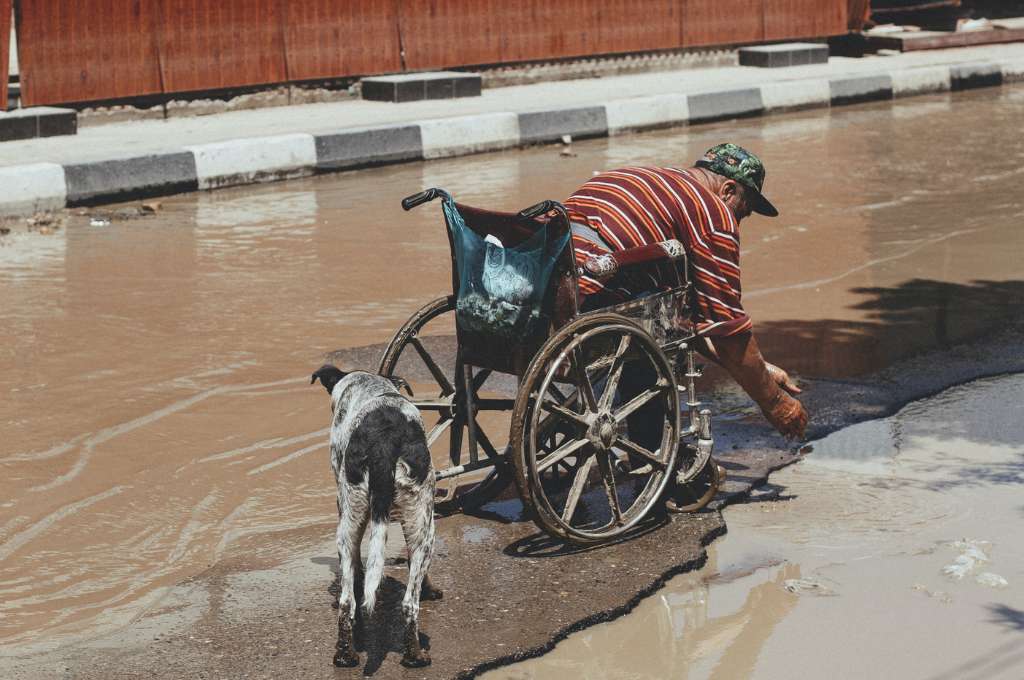Centre Urges Individual Actions in Combating Climate Change

New Delhi: In a bid to combat climate change, the Centre has emphasized the need for individual actions and lifestyle changes. While policy has focused on technological solutions such as solar panels and electric vehicles (EVs), India's ambitious efforts to reduce greenhouse gas emissions demand greater attention to personal behavioural choices.
In various domains such as electricity consumption, waste management, and mobility, small decisions made by individuals can significantly impact the outcome. Initiatives like Mission LiFE have raised awareness about sustainable practices that people can adopt, but these alone are insufficient to drive meaningful changes.
A key challenge in driving action lies in how climate action is framed. Messaging often focuses on abstract, long-term goals, which can be distant and overwhelming for many people. Research indicates that personal benefits and tangible gains resonate more effectively with individuals than purely climate-focused appeals.
One study showed that health framing has the potential to increase support for climate policies, especially among those less concerned about climate change. Health framings not only make environmental actions relevant but also provide co-benefits by addressing public health issues. Examples of successful initiatives such as World Carfree Day and BreatheLife campaigns showcase this approach.
However, the incorporation of health in climate messaging has its limitations due to long-term benefits and siloed contexts within healthcare and climate sectors. To leverage this opportunity fully, interdisciplinary collaboration is essential.
To achieve meaningful change, government agencies should partner with public health professionals, behavioural scientists, and climate experts to develop evidence-based messaging that resonates on multiple levels. Contextual research and jurisdiction-specific data are vital in identifying the most effective ways to link health and climate for different audiences.
The institution of new systems such as institutionalising behavioural officers or allocating dedicated funding can help integrate behavioral communications into climate and health programmes at a national level.
Corrections for Newspaper Article:
